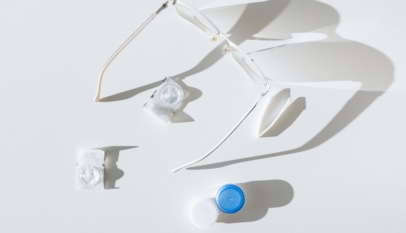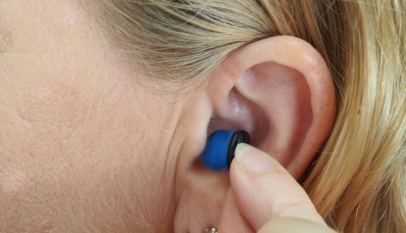
Guide to HEPA Air Purifiers
Most people are aware that the outdoor air is polluted. Many don’t realize that the air inside their houses can be just as contaminated as the outside. This can lead to frequent allergies, itchy eyes, persistent coughing, and sneezing. People who struggle with these problems can benefit from a HEPA filter. Read on to learn more about HEPA filters and how they can help people with allergies and other issues.
What is HEPA?
HEPA (high-efficiency particulate air) air purifiers force air through a filter made of tiny, thick fibers. A mesh filter able to capture particles with a diameter of 0.3 micrometers or larger is called a HEPA filter. HEPA filters can also remove smoke and gas particles from the air.
HEPA was developed during World War II in a small town outside Knoxville, Tennessee. The town was tasked with creating America’s arsenal of nuclear weapons. The HEPA filter was developed as part of the Manhattan Project to protect employees exposed to nuclear material. It wasn’t until the 1960s that the Department of Energy (DOE) standardized the specifications and coined the term HEPA.
Today, HEPA air purifiers improve indoor air quality, reduce odors, and stop the transmission of bacteria and viruses.
HEPA vs. True HEPA
“True HEPA” is used to verify that a product adheres to strict HEPA guidelines. While shopping for HEPA products, one may come across terms like “HEPA-like” or “HEPA-style.” These indicate that these products don’t adhere to HEPA standards.
Advantages of HEPA Air Purifiers
– Allergies The concentration of pollen and mold in the air directly impacts respiratory health and is a major allergen and asthma trigger. Although minimizing outdoor activity helps, tiny airborne particles can still enter inside. HEPA filters, which can capture 99.97% of airborne particles, are a well-known method of preventing allergies.
– Bacteria and viruses HEPA filters can reduce the spread of viruses, airborne pathogens, and bacteria. Coughing and sneezing are common sources of human-associated airborne bacteria in homes. Many animal- and plant-related bacteria also find their way inside. A HEPA filter helps remove all these from the surroundings.
– Odors From cooking or chemical odors to pet dander, HEPA filters eliminate unwanted odors. Smell is an important survival tool that helps one differentiate between safe and unsafe environments.











